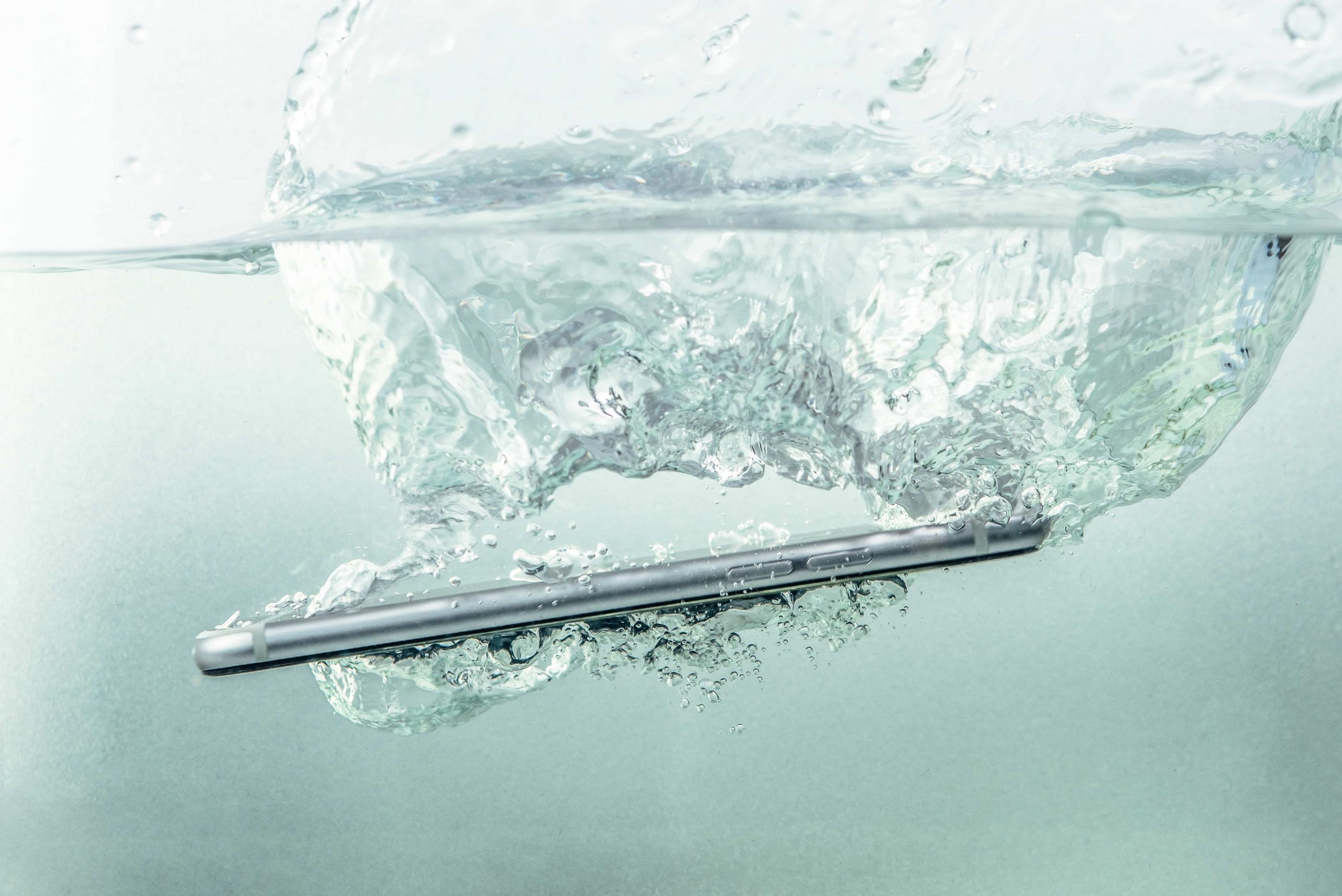
When you’re pregnant, you might be wondering, “Can I eat sushi?” While certain kinds of fish may be unsafe for pregnant women, there are other kinds of sushi that can still be consumed safely. In particular, fish high in mercury is not a good choice. Also, you should avoid sushi that contains uncooked fish. The FDA recommends eating fish low in mercury, and cooking sushi to 145 degrees Fahrenheit.
You may be surprised to learn sushi should be off the menu if you’re expecting. That’s because uncooked seafood can introduce viruses, bacteria, and parasites into your system. Furthermore, raw seafood could expose an unborn baby to a variety of harmful compounds such as mercury and lead.

Fish with high mercury content
While seafood can be a healthy part of a pregnant woman’s diet, you should avoid eating certain types of fish. Some fish, especially large predatory fish, contain high levels of mercury, which can damage the developing nervous system of the unborn baby. This is why the FDA recommends women avoid shark, king mackerel, and tilefish.
Mercury exposure is especially dangerous to the unborn baby, who is most sensitive to the effects of mercury during the third and fourth months. Although the effects may not be noticed until the baby is a few months old, there are some warning signs that mercury may affect their brain development. Some of these symptoms may include lowered IQ and attention span. Studies have shown that the neurological development of children exposed to high levels of mercury have delayed developmental milestones.
Although most fish sold in Australia contain low levels of mercury, women should avoid eating fish with high mercury content. This type of mercury can raise the mercury levels in the mother, and the mercury is passed on through the placenta to the developing baby. Even older children and adults should avoid eating these fish.
While fish can be a healthy source of nutrients for a developing fetus, it can be contaminated with harmful PCBs and mercury, which will negatively affect the developing fetus. The recommended level of mercury in fish varies from one country to another, and you should check the environmental health advisory of your area to be sure you don’t exceed the safe limit.
Uncooked sushi
Uncooked sushi is not recommended for pregnant women because it can cause food poisoning. Uncooked fish can contain parasites and bacteria and pregnant women’s immune systems are compromised. It is also important to note that raw fish is associated with a higher risk of listeria infection, which can lead to preterm labor, miscarriage, or stillbirth. In addition, some foodborne illnesses can affect the fetus even if the pregnant woman does not show any symptoms.
In general, sushi made from frozen fish is safe to eat while pregnant. However, raw sushi made from shellfish or fish that has not been frozen should be avoided. Although cooked fish is not safe for pregnant women, it is an excellent source of protein, vitamins, and minerals. Even if you don’t feel sick after eating sushi, you should still stick to cooked or vegetarian sushi to ensure that you do not encounter any problems.
Pregnant women should avoid eating uncooked sushi, which contains high levels of mercury. Consuming sushi raw during pregnancy may lead to miscarriage, and it could cause other complications such as brain damage. Additionally, pregnant women should not eat sushi that contains raw shellfish, as this can harbor parasites.
However, women should not panic if they experience flu-like symptoms after consuming sushi. If you feel sick, call your doctor and get checked. It is not common for pregnant women to contract illnesses from sushi, so indulge in your favorite foods and make the best nutritional choices for your body. As long as you cook it properly, you’re unlikely to have any problems while pregnant.
Raw fish
Can I eat sushi while pregnant? It is possible. You need to make sure that the sushi is cooked, as raw fish can cause food poisoning. It is also important to note that raw shellfish may contain bacteria, so it’s best to avoid them. Otherwise, sushi is a great source of protein, vitamins and minerals for both you and your baby.
You can eat sushi when you’re pregnant, but you should be careful to avoid sushi containing high levels of mercury. Fish with a low mercury content should be safe for pregnant women, as is sushi made from cooked fish. Buying sushi from a reputable establishment is also essential, as they are likely to handle the food in a clean and hygienic way.
Pregnant women should avoid sushi made from raw fish. Instead, they should opt for sushi made from cooked fish, which destroys harmful parasites and pathogens. This is because pregnant women have weakened immune systems, making them more susceptible to foodborne illnesses. These illnesses can have serious consequences for a mother and her unborn child.
Seafood can be beneficial to pregnant women, as it adds protein, zinc and DHA. Pregnant women should eat at least eight to twelve oz. of low-mercury fish each week. A mercury fish website lists fish that are safe to eat, but if you’re not sure, consult with your healthcare provider first.

Parasites
Pregnant women have a weakened immune system and should avoid eating raw or undercooked fish and sushi. Raw or undercooked fish can have parasites and bacteria that can be harmful to the unborn child. There is also the risk of listeria infection, which has been linked to preterm labor, stillbirth, and miscarriage. Additionally, many types of sushi can contain pathogenic bacteria.
The biggest risk when it comes to eating sushi is listeria, which can transfer to the unborn child. While cooking destroys most parasites, raw fish can still contain small parasitic worms that can harm the unborn baby. Although the vast majority of sushi sold in the UK and EU comes from fish that is farmed, it is possible to get a parasite from wild fish.
If you eat sushi regularly, it may increase your risk of herring worm infection. Although an infection caused by this parasite is rare in Australia, it is common in countries such as Japan. A woman should consult her doctor if she has any unusual symptoms and is suffering from a high level of abdominal pain.
If you do choose to eat raw fish, you should make sure that the fish has been frozen for at least four days. Raw shellfish is also a possible source of bacteria that can lead to food poisoning. However, you should try to include fish in your diet while you are pregnant to avoid the risk of getting ill.
Listeria
Listeria is a serious bacterial infection that is transmitted to unborn babies through raw fish and seafood. It can lead to spontaneous abortion, stillbirth, and other complications. Pregnant women are 10 times more likely to develop listeria than non-pregnant women. This illness can lead to preterm labor or even miscarriage, and can also cause flu -like symptoms and other serious complications.
While the vast majority of sushi is made from deep-frozen fish, there is a chance of bacterial contamination. That is one reason why many countries advise against eating raw fish while pregnant. Another problem with sushi is that it is difficult to determine what type of fish you are eating. For instance, it is hard to determine whether salmon is farmed or wild, and if it contains high levels of mercury.
Listeria is an infection caused by the bacterium Listeria monocytogenes, which is commonly found in raw foods. The infection is highly contagious, which means that pregnant women are more susceptible to the infection. The infection will cause flu-like symptoms, and may lead to nausea and abdominal pain. In severe cases, listeria infection can lead to preterm labor, miscarriage, or even death.
There are many risks associated with eating sushi while pregnant, but one of the most dangerous is Listeria. This bacteria thrives in cool temperatures and is transferred easily from one food source to another. Although listeria is very rare, pregnant women should still be cautious and avoid eating sushi.
Safe to eat in small amounts
Pregnant women are often told that sushi is unsafe to eat, but these warnings fail to mention that the fish that is used in sushi is typically flash-frozen before it reaches a restaurant. In most cases, this kills off any parasites and bacteria that could pose a risk to the unborn child. That said, some fish contain high levels of mercury and other harmful chemicals, and consuming sushi while pregnant is still a risk.
Pregnant women’s immune systems are compromised and undercooked or raw fish can lead to Listeria infection. This infection can cause flu -like symptoms, fever, and vomiting. If you experience these symptoms, you should contact your doctor right away. If you experience these symptoms after eating sushi, you should stick to vegetarian or cooked varieties.
While it’s best to avoid sushi while you’re pregnant, you can enjoy small portions of it during your pregnancy. Just remember to eat small amounts and don’t overdo it. Sushi contains a high amount of mercury, so it’s best to limit your intake.
Despite the high amount of mercury in sushi, some studies show that sushi is safe to eat while pregnant. However, pregnant women should consult their OB/GYN before eating sushi.
Bottom line, pregnancy is not the time to experiment with different cuisines. Sushi can contain high levels of raw fish (typically tuna) and mercury, which is damaging to fetal development, so be sure to avoid sushi throughout your entire pregnancy.



